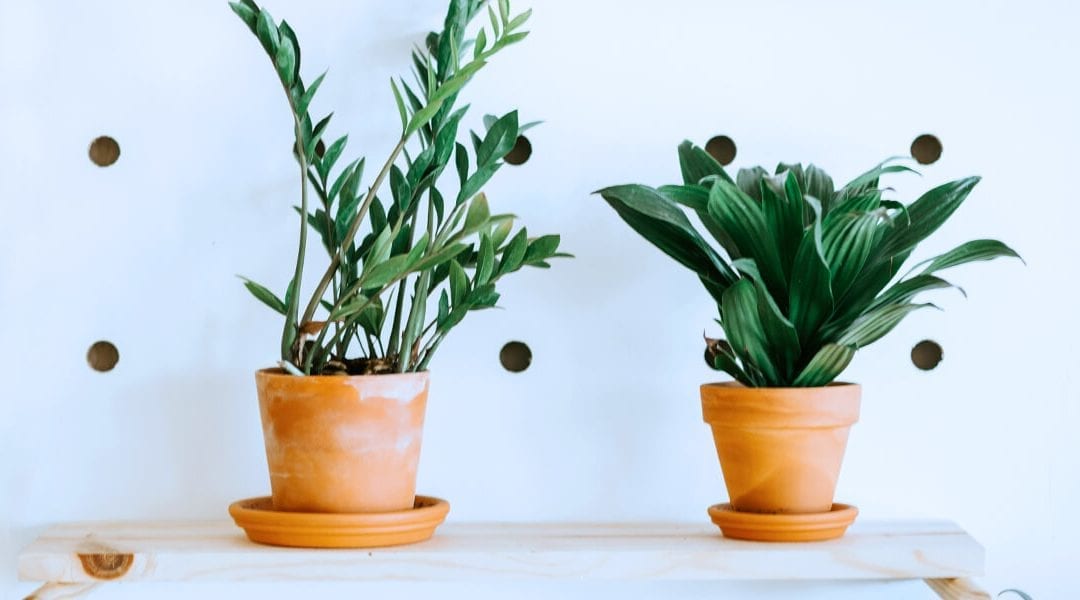The fortunate thing about gardening is that even if you don’t have “ideal” growing conditions, you can still find plants to thrive in the conditions you have. Houseplants are no exception. If you ever thought you were low on light, you can still find species that thrive with a little shade. And the ones on this list are as beautiful as any. But before we begin, let’s look at the difference between bright and low light!
What is Considered Low Light for Plants?
A bright light area is any spot in your home near a ventana soleada. Typically, a window facing east, west, or south will have bright light, unless it’s shaded by something outside. A low light area is usually several feet away from these windows. They are out of reach of direct rays but receive ambient light during the day. Sometimes a north-facing window will be low light, as will a window shaded by a tree or fence outside. Here are the best plants for these areas:
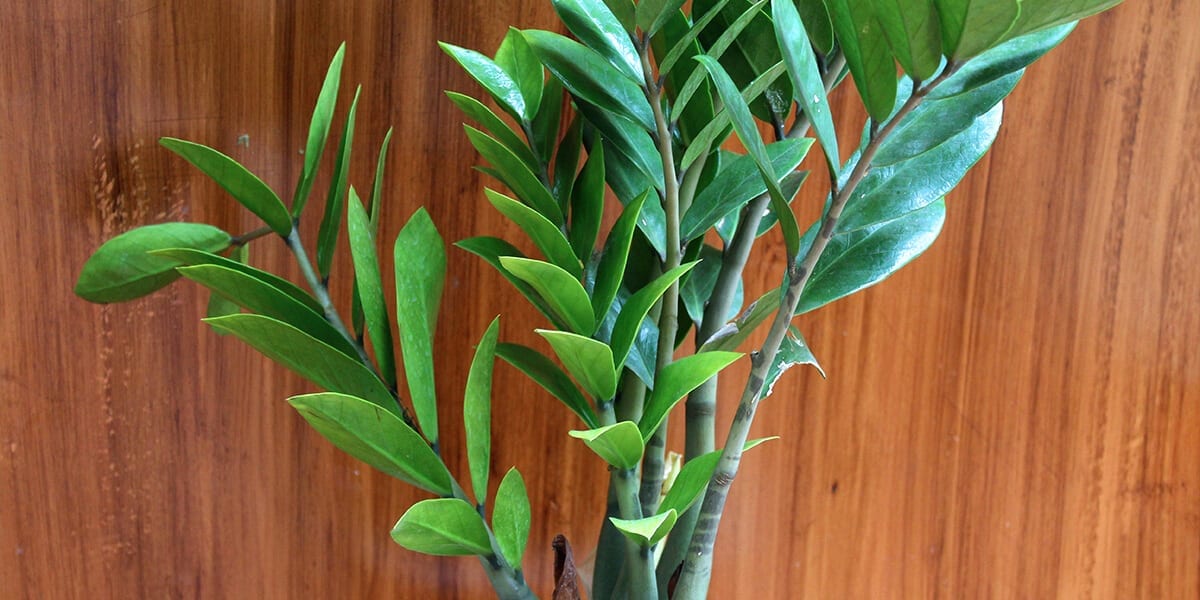
Planta ZZ
This low light gem is like a dream plant for difficult growing conditions. Thriving in shady spots and drought conditions, it asks for a thorough watering only once the first three inches (at least) of soil are dry. In exchange, it brightens your dim rooms with waxy leaves that reflect sunlight. It rarely bears flowers, but the healthy green leaves are enough to improve the mood of any atmosphere.
Fun fact: wondering about the unusual name? It’s short for the botanical title, Zamioculcas zamiifolia.
At the end of the day, the light is not low for these plants at all, but exactly the way they like it.
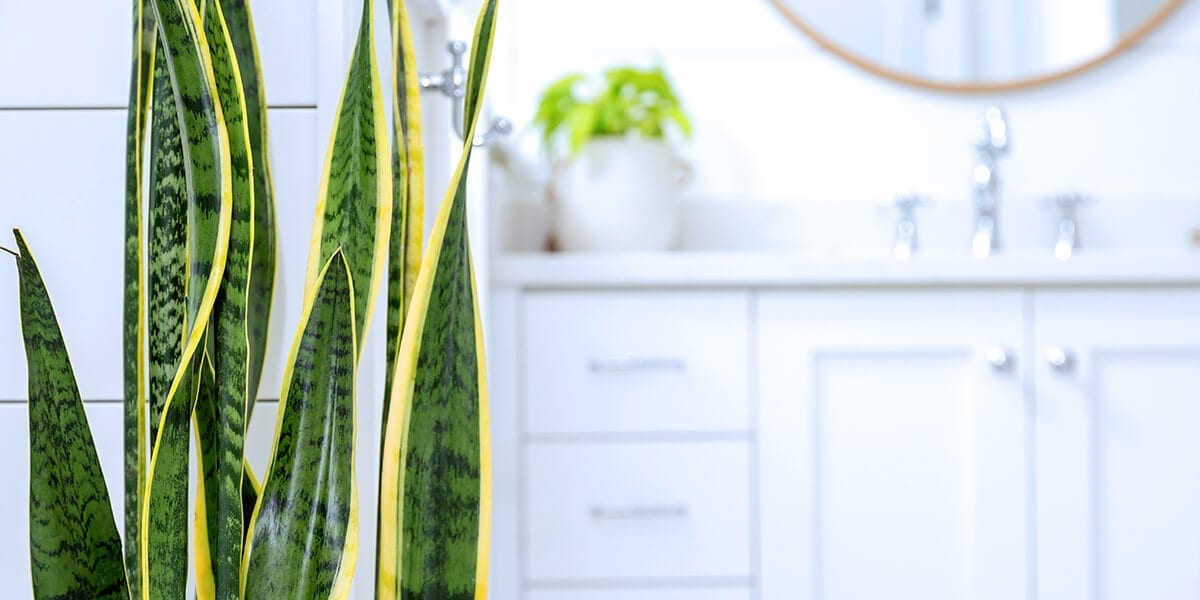
Planta Serpiente
If any houseplant could win an award for the most tolerant, it would likely be the Snake Plant. They thrive in low light conditions and surprisingly thrive in bright light as well. As for water, they can go several weeks at a time without a drop. In fact, you generally should let the soil dry out completely before you give it a drink. With minimal care, you can enjoy the twisting rigid leaves that resemble a beautiful sculpture. They grow so slowly that you sometimes might doubt whether they are alive. Rest assured, they are living and breathing. In fact, NASA’s clean air study showed they filter toxic compounds like benzene, formaldehyde, and toluene from the air.
Fun fact: this plant was originally prized for the strong fibers in its leaves that were used to make bows.
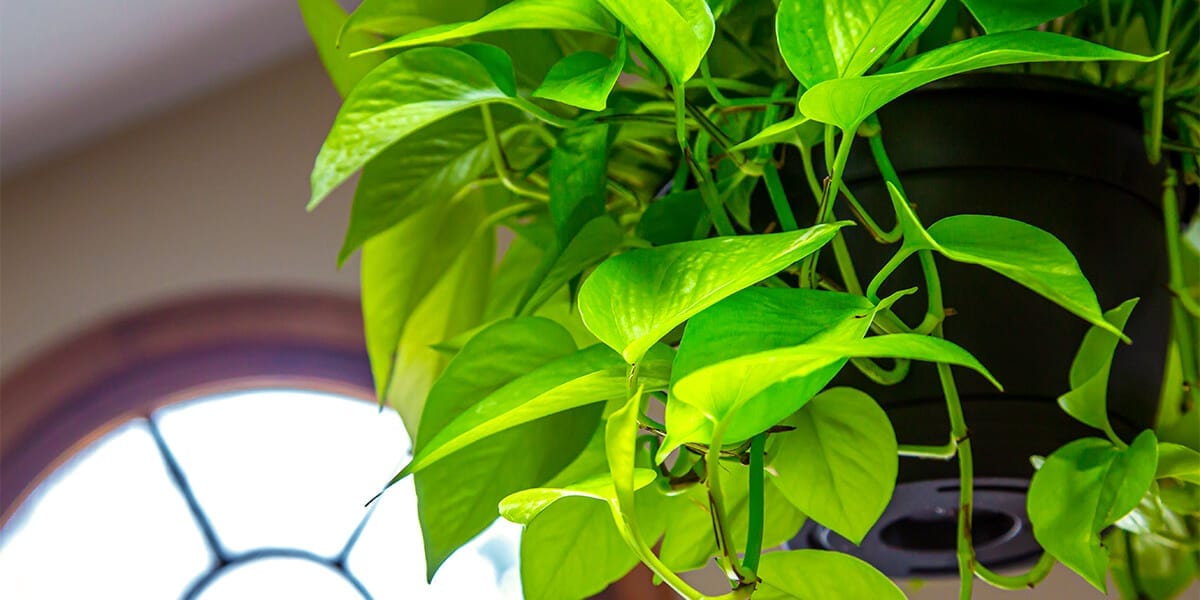
Pothos o Miami
Pothos are easy-to-grow vines that can fill your low light areas with rich green or variegated leaves. They enjoy bright light too, but don’t like to be scorched by direct sun. They’re also known as easy plants to propagate; you can take a leaf clipping and grow it in a fresh pot of moist soil or vase of water.
Fun fact: variegated pothos will turn more green if they are lacking light. It’s a natural adjustment that increases their ability to absorb sunlight.
Palmera de bambú
You might not think of a palm tree as a shade loving plant, but these natives to Central America like to grow under the canopy of larger trees. That means they’ll thrive in low light areas of your home. And what better way is there to brighten a room than bringing in a breezy palm tree? This species features several green stalks with bushy foliage that matures to heights of 4-12 feet.
Fun fact: the name refers to the bamboo-like stalks, but they are unrelated to true bamboo.
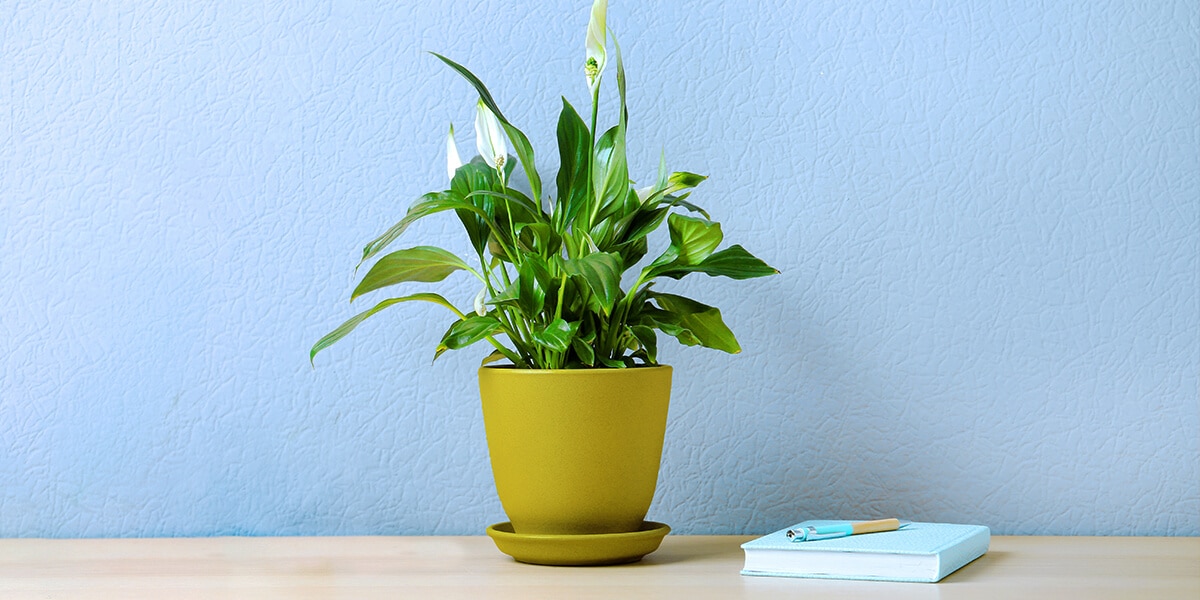
More Low Light Plants at our Nursery
Peace Lily: these tropical evergreens originate on jungle floors in dappled light. In your home in Chicagoland, they’ll enjoy partial shade throughout the day. Their big leaves bring lush greenery to a space, and their white flowers are sure to brighten any room.
Staghorn Ferns: these beautiful ferns may look intimidating to a beginner grower, but you shouldn’t be daunted by their intriguing looks. You can easily find success with careful maintenance of water, humidity, and light. The experts at our garden center would be happy to tell you the tricks if you have any questions.
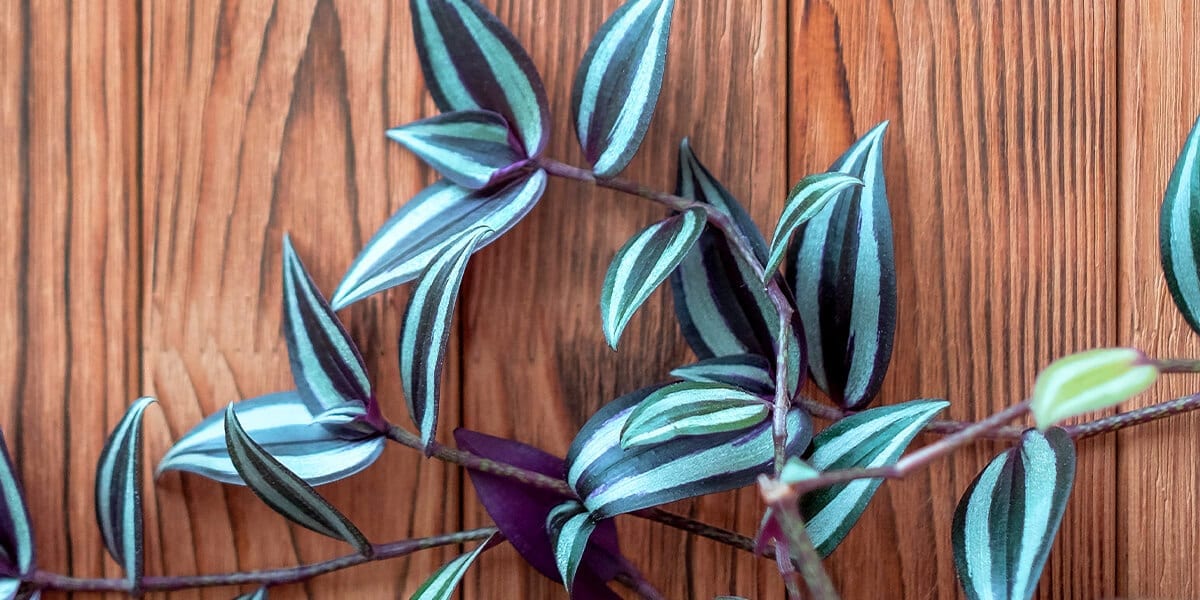
Tradescantia: the dark merlot leaves may not brighten your spaces, but they’re sure to add rich color. The small white, pink, or purple flowers add an extra splash of color as well, and they bloom throughout the year.
Calatheas: these natives to the tropics of Central and South America have an impressive array of colors. Their leaves are often striped with bright and dark green, white, silver or pink. They usually like bright indirect light but will tolerate low light as well.
At the end of the day, the light is not low for these plants at all, but exactly the way they like it. Accustomed to growing under the canopy of other trees, they thrive in any spot away from a window. Once you know the possibilities of low light plants, you’ll discover that you had more growing space than you thought!
Platt Hill Nursery es el principal centro de jardinería y vivero de Chicago.
Información adicional
Macetas de terracota o de cerámica: ¿Qué es mejor para sus plantas de interior?
Light-Loving Houseplants
6 plantas de interior para ventanas soleadas

